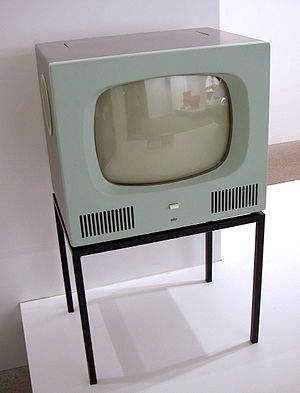If the past few years have taught us anything, it’s that we need to be taking out less debt and building up more savings. And certainly, it’s where the public seem to be heading – levels of mortgage overpayment and personal savings have rocketed in the past year amongst those who have the luxury of being able to put income aside.
For many of us though, finding money to save is a real struggle. After the bills and living costs are taken out of a monthly salary payment, there’s not always a lot left to play with. So what do you do?
The answer lies in getting tough with yourself, carrying out a review of your current spending patterns and working out a sensible budget. Essentially you need to both maximise income and reduce expenditure – both sides of the coin. There are plenty of ways to do this when you start thinking, so be creative and start thinking outside the box.
Here are a few top tips to get you started:
Ask for a pay rise – it seems like an obvious option, but so many of us never do it. Take a look at the market and see what similar companies are offering for your job role or profession. This will give you an idea of whether you’re currently being paid enough for your skills level and experience.
Ask your manager in a calm and prepared manager and come with facts and examples to back up your request. If the request is turned down, try again in a few months time, with more evidence. Also, ask HR for advice about your job salary banding and progression, so you show that you’re serious.
Get a new job – the obvious option when your pay rise request is denied. You may find that you can earn more elsewhere in the same profession, or flex your skills into a new career entirely. See a professional careers advisor for guidance.
Get a second income – more people than ever are opting for this route, by becoming self-employed on a part time basis. There are numerous industries that rely on an army of part-time staff, often self-employed. Examples are party-planners, sales people, freelance designers, coders, copywriters and researchers, market researchers, bar and restaurant staff and plenty more.
Take in a lodger – if you have a spare room, then the government allows you to take in a lodger without paying tax on rental income (up to £4250 pa.) This can be an effective way to make the use of your home to bring in income. Do your research first though on how to select the right lodger and make the relationship work.
Look for opportunities to earn – examples include signing up for overtime during busy periods at work or selling unwanted items on eBay. You could also sign up with the local council to count votes during election period, or help steward at large events. There are various agencies offering links to such opportunities if you search online.
On the other side of the coin lies spending reduction. This is a bitter pill for some to swallow, but there really is no point in earning more if you’re not going to make good use of it!
Food shopping – when it comes to food shopping, start using grocery coupons/vouchers and sign up for reward schemes. Downgrade your brands when you’re out shopping, so that you save money on you shop each time. Look at bulk buying offers, local grocers, markets and other opportunities to slash monthly grocery bills.
Travel – identify ways to save on travel, firstly by walking when a journey is a mile and under. If you’re doing this regularly you’ll save on petrol and you can cancel your gym subscription! With train tickets, book well in advance to take advantage of special deals and with holidays, look for cheap holiday offers and promotions via online search sites – these check the whole of the market to find the best prices and options for your requirements. Holiday extras such as car hire and airport parking can also usually be arranged via these online travel sites so be sure to compare prices to save yourself some money.
Clothes shopping – instead of shopping expensively on the high street, channel your passion for fashion into eBay. Many of your regular brands will be on there already and you can sell last season’s purchases to make way for the current season of items. Get savvy with bids and set yourself limits – you’ll find some great bargains if you’re clever about it!
Entertainment – when it comes to entertainment, sign up to group buying schemes for special offers and look more broadly in your area for things to do that don’t cost a lot of money. Things like local leisure centres, museums, parks, libraries, city parades and exhibitions are often free or subsidised by the council and you can enjoy time with the family without spending a lot of money on more commercial entertainments.
Hobbies – rather than taking up yet another expensive sport that you’ll buy all the equipment for and then never see through, find low cost hobbies to enjoy and cultivate. Walking or running, painting, music appreciation, gardening, racket sports, debating groups, local social clubs – all of these can be enjoyed without necessarily parting with too much cash. And it will broaden your horizons too – thinking more broadly about what counts, such as spending time with loved ones, rather than throwing money at free time like there’s no tomorrow!
This post brought to you by MoneySupermarket.








